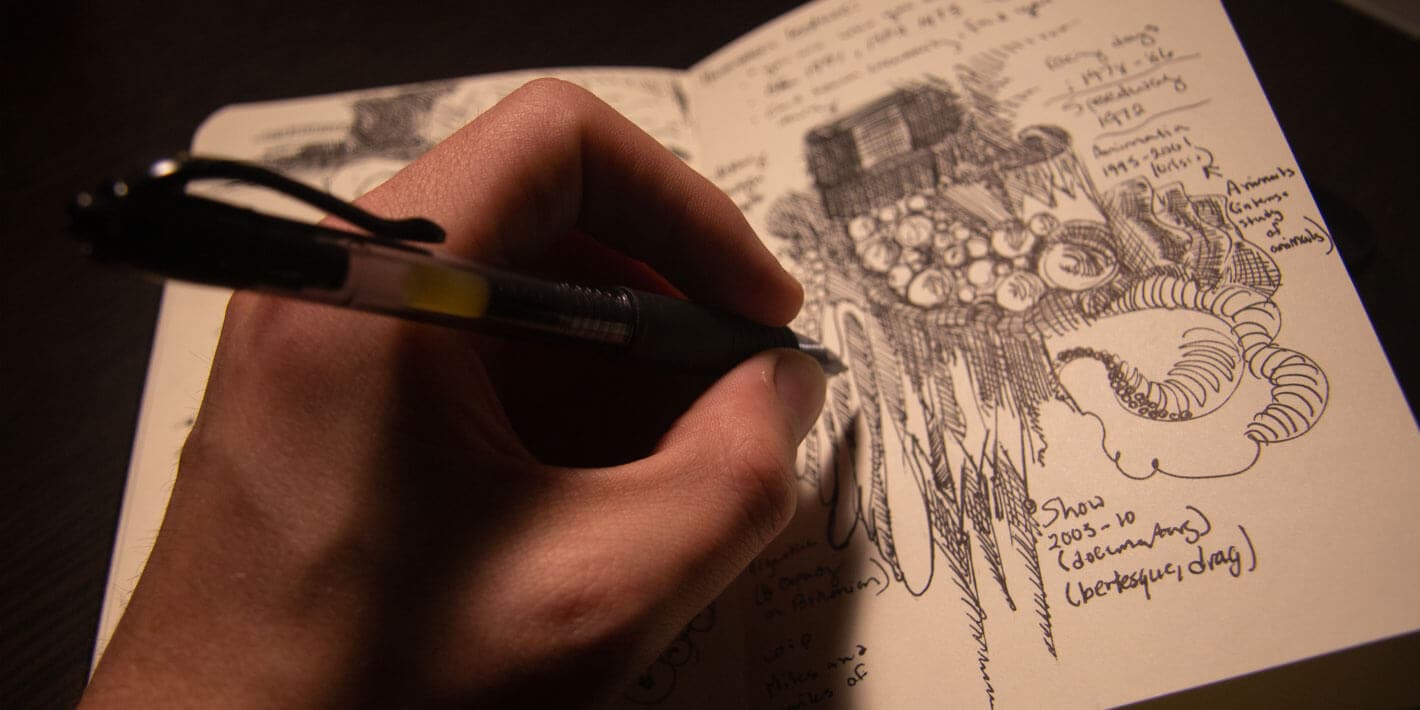
5 Books to Get You Back into Reading
Reading for recreation has become immensely popular for college students in recent years, and I can hardly say that I’m surprised. Being a new adult and experiencing life on your own for the first time can be scary. It definitely helps to escape to a different world where the problems are solvable, like when we were kids reading Hunger Games or Harry Potter. However, I know that it can be hard to find books to get into that allure and entertain you, especially when you may be feeling burned out from your academic reading. Here are 5 books to start you back into the magical world of reading.
5. The Grace Year by Kim Ligget
If you absolutely loved books like The Hunger Games and Divergent as a kid, then this is the book for you. It follows Tierney James as she enters her ‘grace year.’ In her world, this is the year that sixteen-year-old girls are sent out on an island to use up all their magic, so they don’t disrupt society. Think of it like a girl’s version of Lord of the Flies. This book is action-packed with an inspiring ending and maybe even a dash of romance.
4. Tomorrow and Tomorrow and Tomorrow by Gabrielle Zevin
Video game lovers, this one is for you. This story is a love letter to video games and the creative process of making them. It follows Sam and Sadie, two best friends in the 80s who reconnect as college students and develop a popular video game just as gaming is becoming popular. The story follows them as they learn how to be adults and live in the real world.
3. Payback’s a Witch by Lana Harper
This is a sweet queer fantasy romance that involves a competition to become a town’s head witch. Wizards of Waverly Place anyone? This book also talks about how awkward it can be coming back home after you’ve grown up and changed. This is definitely something that commonly happens in college and maybe the main character Emmy can help you through that in your own life, too.
2. I Am Legend by Richard Matheson
If you’ve seen the movie that this is based on, you should give the book a try! They actually have completely different endings. This book is about Robert Neville, the last man alive in the zombie apocalypse. It has science and action and adventure as he tries to survive.
1. The Inheritance Games by Jennifer Lynn Barnes
If you enjoy Knives Out and The Glass Onion, this book has very similar vibes. Avery receives a letter with news that one of the world’s richest men has left her his entire inheritance and she has no idea why. To figure it out, she has to go to his house and deal with his slighted family and the seemingly infinite number of puzzles that he left for her. This book is fast paced, adventurous, and has a little bit of romance on the side.
Hopefully these books can get you started into the mystical world of literature while in college. Reading is a great form of self-care, and these books are a great place to start. No matter what life throws at you, books are an excellent escape and can help us regain our composure before going back out into the world.
Do you have a compelling story or student success tips you’d like to see published on the Pearson Students blog? If you are a college student and interested in writing for us – click here to pitch your idea and get started!







